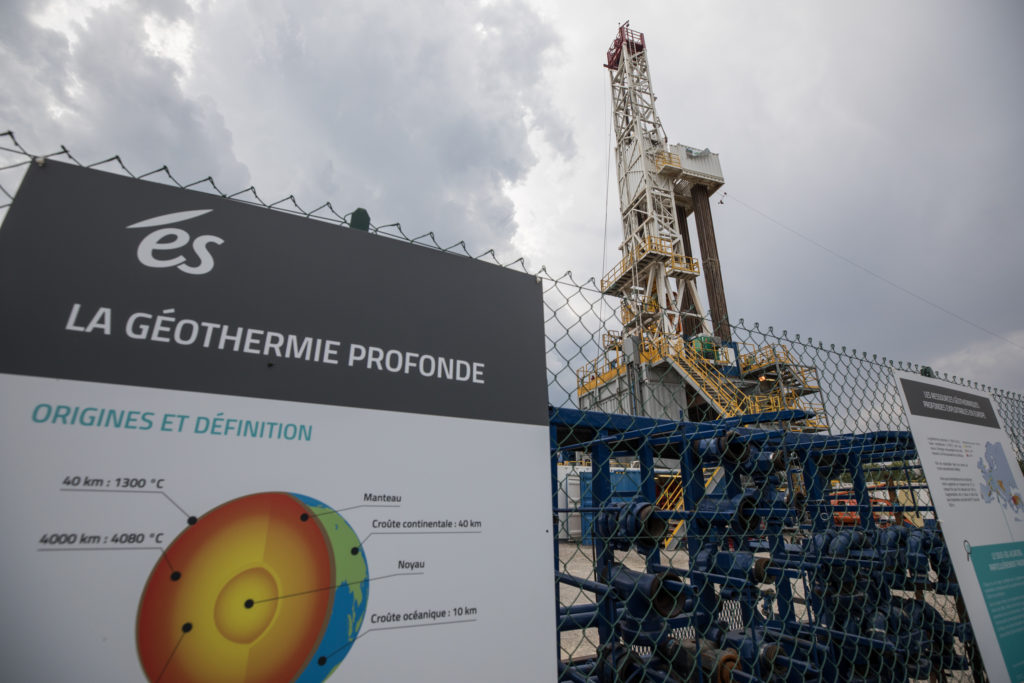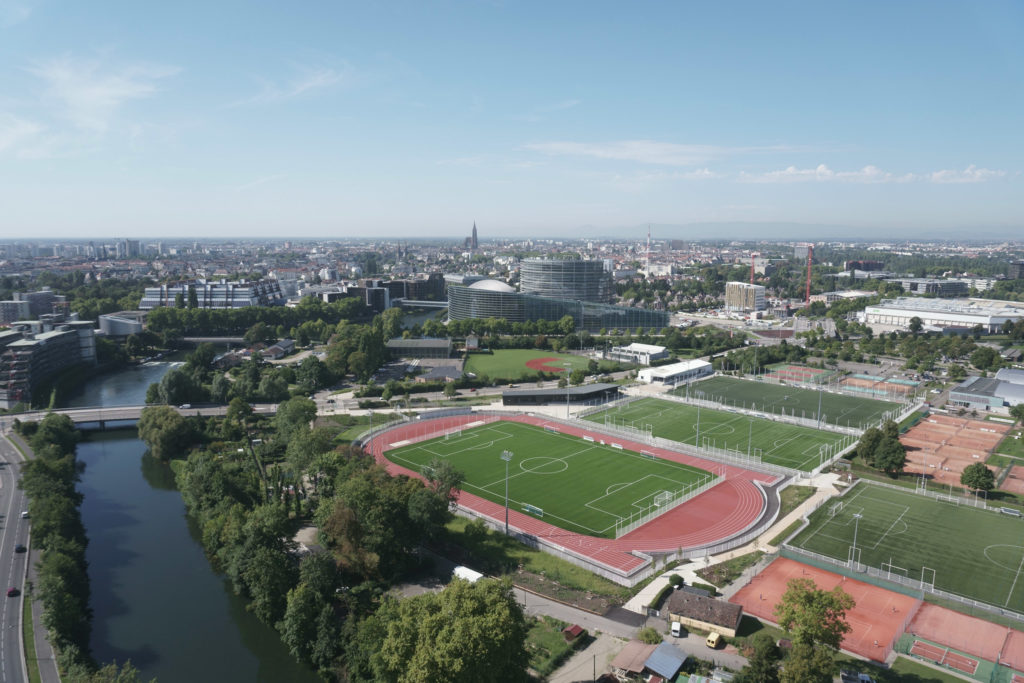Deep geothermal energy in Strasbourg is a potentially game-changing resource that can provide low carbon heat and electricity to homes and industry as well as an important job creator in its own right. Ending all support mechanisms for geothermal electricity production, as proposed in France’s Multiannual Energy Programme draft, could mean a total halt to deep geothermal investments in the territory, burying Strasbourg’s geothermal industrial ecosystem and depriving an area of one of its most valuable assets.

The goals of the EU Green Deal, including net zero emissions by 2050, will not be met by a single technology, process or policy. The challenge is too great and the reality on the ground in Europe varies too much to ignore the local resources, natural or human, in devising the multitude of paths that must be taken to drastically reduce emissions and protect our way of life.
Unlike the geothermal energy used in other French regions, the Rhine geothermal resource is located at greater depths and higher temperatures. Higher heat enthalpy allows both electricity and heat production, but requires higher upfront investment due to the depth of the boreholes.
Cities in France and across Europe are delivering a shared energy transition, but to complete the journey they must be able to make use of their best local assets and they must be supported by other levels of government. They cannot do it alone.

credit Jérôme DORKEL – Eurométropole de Strasbourg
The “Eurométropole de Strasbourg” (Strasbourg urban area) aims to achieve a 100% renewable energy supply by 2050. This commitment is both political, voted unanimously by the Council of the Eurométropole de Strasbourg in 2017, and technical, implemented through the recent drafting of a 2050 Energy Roadmap.
The Multiannual Energy Programme must allow cities to develop their resources if the EU, as a whole, is to deliver on its Green Deal. To do otherwise is to waste the best opportunity we have to deliver a shared energy transition.

